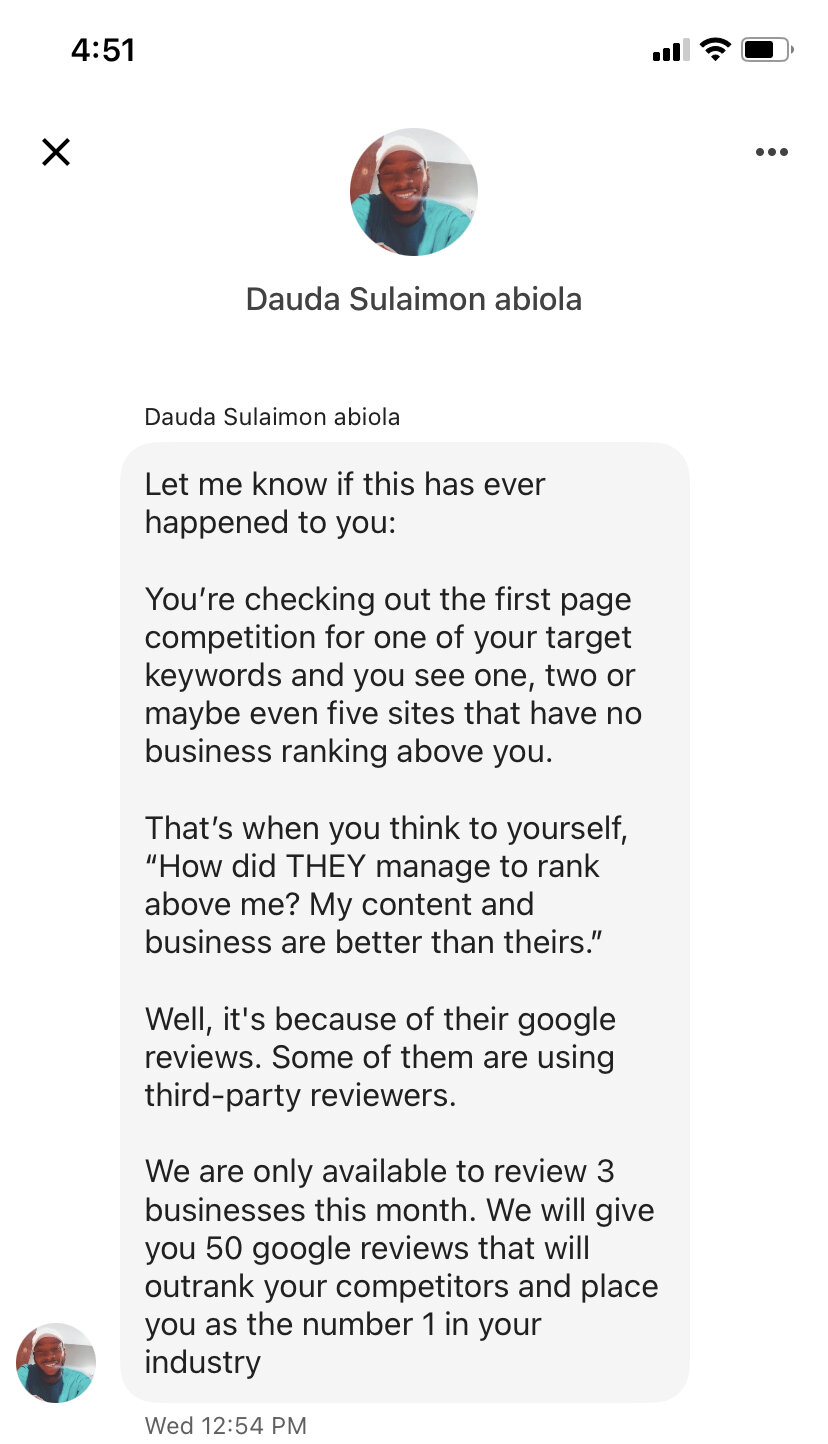Jon Hall
0
- Joined
- Jul 11, 2013
- Messages
- 187
- Solutions
- 1
- Reaction score
- 95
Hi all, I was hoping to find out your opinions on GMB's messaging feature. Now that it's been around awhile, are you turning Google Messaging *on* or *off* or *it depends*?
I have my own biases but I'll bottle them in for now From what I can tell, it hasn't been huge topic here one way or the other.
From what I can tell, it hasn't been huge topic here one way or the other.
@Brian Barwig posted an excellent overview of the feature here: New Google My Business Messaging Options And it sounds like Sterling Sky is turning Google Messaging ON: "We believe these are a terrific addition to the GMB rolodex and should be taken advantage of."
But there are also some mixed reviews from those using Google Messaging in different industries, notably the comments on this thread from people turning it OFF: Google My Business Messaging and Metrics are getting a boost
What say you? What say your clients? Are you turning Google Messaging ON or OFF? Thanks
I have my own biases but I'll bottle them in for now
@Brian Barwig posted an excellent overview of the feature here: New Google My Business Messaging Options And it sounds like Sterling Sky is turning Google Messaging ON: "We believe these are a terrific addition to the GMB rolodex and should be taken advantage of."
But there are also some mixed reviews from those using Google Messaging in different industries, notably the comments on this thread from people turning it OFF: Google My Business Messaging and Metrics are getting a boost
What say you? What say your clients? Are you turning Google Messaging ON or OFF? Thanks





